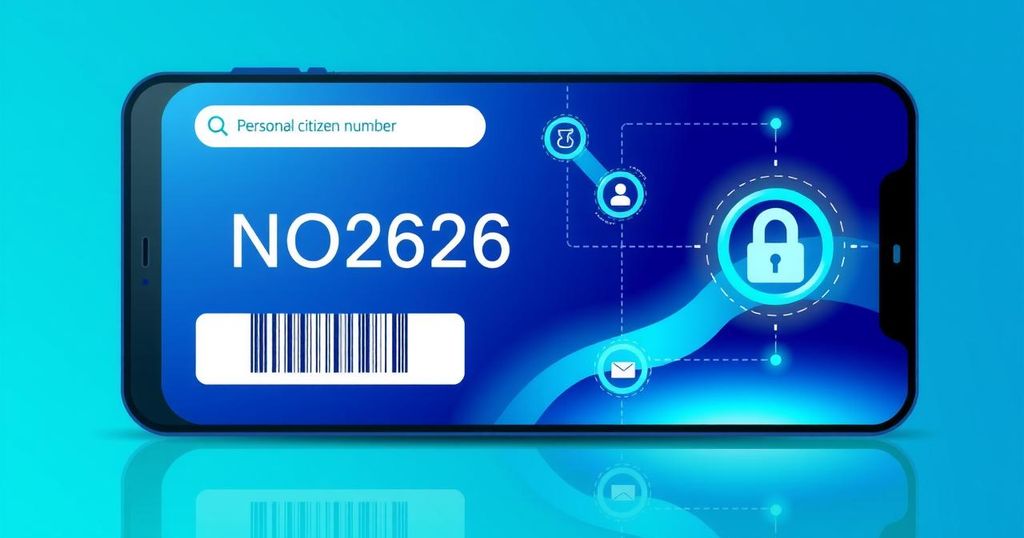ROC, a U.S. biometrics firm, has partnered with DeliverFund to fight human trafficking. They’re providing a biometric SDK to enhance intelligence in this area. The SDK includes features for matching faces, fingerprints, and irises, which will help in identifying suspects and recovering victims faster. ROC stresses the need for ethical practices in biometric use as they tackle concerns about privacy and data security.
ROC, a biometric tech company based in the U.S., has teamed up with DeliverFund, a nonprofit dedicated to combatting human trafficking, to bolster efforts in this critical fight. This partnership is noteworthy because DeliverFund is staffed by a mix of former military and law enforcement experts. Their mission? To leverage advanced technology to help partners tackle human trafficking issues on a larger scale.
Through this partnership, ROC is donating its software development kit (SDK), which comes packed with advanced technologies, including its own deduplication tools. These tools allow for significant improvements in how data about potential suspects is processed by law enforcement agencies, fostering better cross-agency collaboration and unified suspect profiles. This, they hope, will expedite suspect identification and increase the speed of victim recovery efforts.
“Human trafficking is one of the greatest human rights issues of our time,” comments ROC’s CEO, B. Scott Swann. He expresses pride in ROC’s contribution, signifying that the tech firm’s innovations are paving the way to ensure traffickers are caught and held accountable, potentially regardless of their methods of concealment.
On the other side of the partnership, Nic McKinley, DeliverFund’s CEO, emphasizes how ROC’s biometric technology enhances the firm’s intelligence capabilities. He stated, “This is about using advanced technology with the highest ethical standards to end modern slavery,” underscoring the ethical imperative behind their collaboration.
ROC’s recent blog furthers this ethical discussion, hinting at the utility of its camera systems for public safety while raising concerns about privacy. For instance, in large airports, AI-fueled surveillance purportedly helps identify human trafficking patterns. Similarly, in urban settings, predictive policing techniques analyze data to spotlight potential crime areas.
However, these uses aren’t without controversy. Many critics worry about misuse and overreach with biometric surveillance technologies. ROC appears aware of these worries and candidly addresses them in their messaging. They advocate for balance, suggesting modern solutions should uphold civil liberties while improving safety, through methods like anonymized data processing and community oversight to ensure responsible use of their technology.
Additionally, they’re vocal about the role of AI in their ethical framework. The organization asserts that as biometric and surveillance technologies evolve, they must prioritize fairness, security, and privacy. ROC insists that strong data protection measures, including encryption and strict access controls on biometric data, are central to safeguarding individuals’ privacy while still benefiting society as a whole.
This year has already seen ROC gain traction in the industry, with a notable position in the National Institute of Standards and Technology (NIST) Face Recognition Technology Evaluation (FRTE), particularly recognized for its accuracy in law enforcement and border security applications. The future seems bright for ROC, particularly as they align with organizations on the front lines of critical social issues like human trafficking.
In summary, ROC’s partnership with DeliverFund aims to leverage biometric technology to combat human trafficking effectively. By donating their SDK, ROC is enhancing DeliverFund’s intelligence operations, which could lead to quicker suspect identification and victim recovery. However, this collaboration highlights an ongoing conversation about ethical considerations in biometric surveillance, balancing effective crime prevention with the protection of civil liberties. As ROC continues to excel in the biometric landscape, their approach reiterates the importance of responsible tech use, especially in sensitive areas like public safety.
Original Source: www.biometricupdate.com





